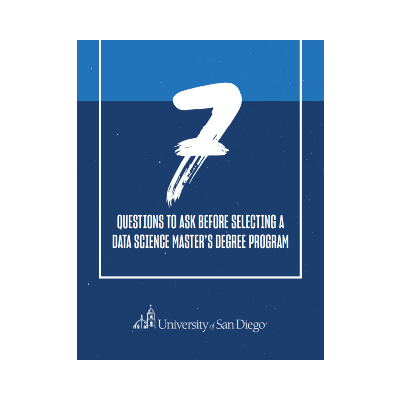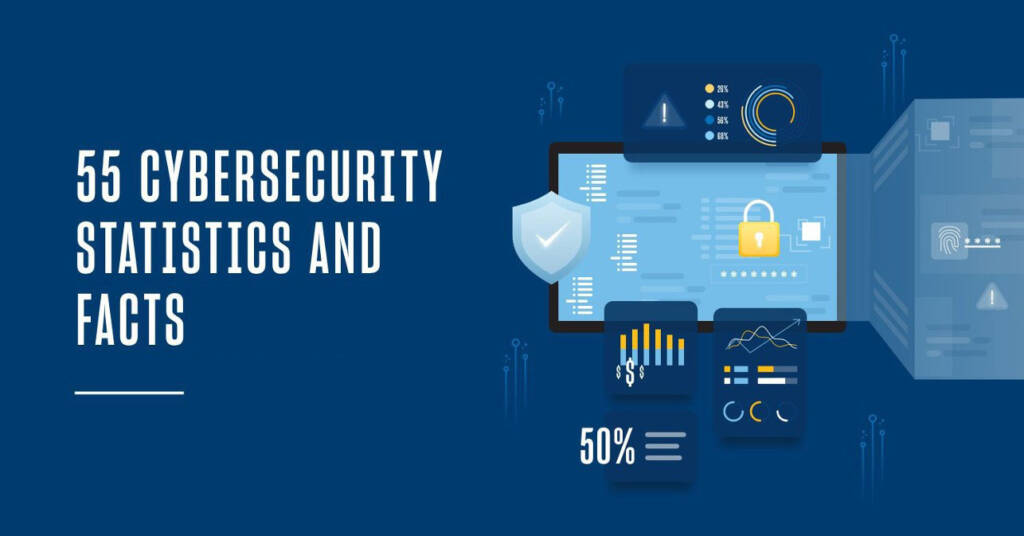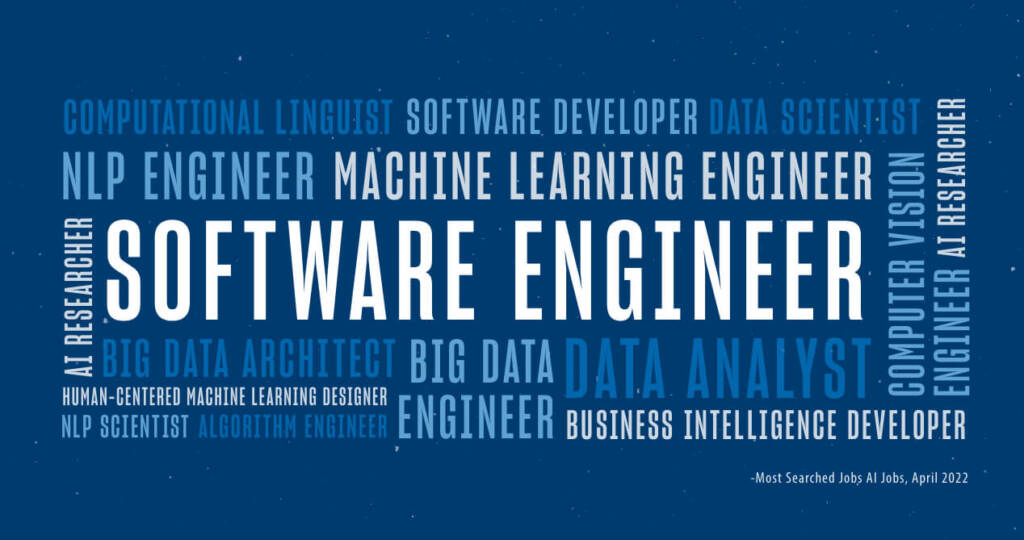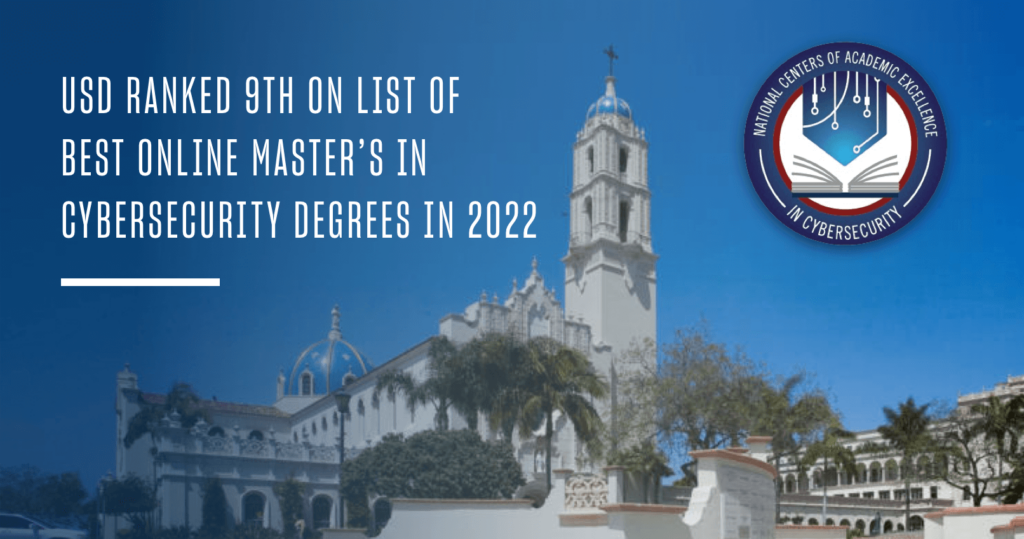Data science has witnessed a remarkable surge in popularity and relevance in the past two decades. The term “data science” was first coined in a publication by William S. Cleveland in 2001 and marked the beginning of a new era in data analysis and interpretation.
Today, the demand for data scientists spans various industries, underscoring the critical role they play in deciphering complex data sets and uncovering valuable insights. This rising importance is particularly evident in the financial sector, where data science is essential for identifying and predicting market trends.
The burgeoning field of data science is not only gaining attention in the corporate world, but also in academic circles. According to the Bureau of Labor Statistics, the job market for data scientists is projected to grow by 36% from 2023 to 2033, reflecting the increasing need for expertise in this area.
Given these developments, individuals aspiring to enter or advance in the field of data science often find themselves at a crossroads: pursuing a data science bootcamp or master’s degree. This article aims to provide comprehensive insights into both options, helping readers make an informed decision that aligns with their professional objectives and personal circumstances.
What Is a Data Science Bootcamp?
Data science bootcamps are intensive training programs designed to equip participants with essential skills in data science. These bootcamps serve as a gateway to the field, especially for those who may not have had the opportunity to pursue formal academic training in data science. As noted by Forbes, these bootcamps effectively lower the stringent academic barriers traditionally associated with the field, facilitating quicker entry into this rewarding and lucrative career path.
A data science bootcamp typically lasts three to six months and includes various formats, such as online, offline or hybrid modes catering to different learning preferences and lifestyles. The flexibility in learning modes makes these bootcamps accessible to a wide audience, including working professionals.
The curriculum of data science bootcamps is intensely focused and practical. Participants engage in learning core topics that are crucial in the field of data science. Key areas of study include:
- Programming: Fundamental training in languages like Python and R, essential for data analysis and manipulation.
- Machine learning algorithms: Understanding and applying algorithms that enable computers to learn from and make predictions or decisions based on data.
- Data wrangling and cleaning: Techniques for transforming and preparing raw data into a more suitable format for analysis.
- Data visualization: Skills to create visual representations of data, making complex information more accessible and understandable.
Data science bootcamps deliver an intensive, fast-paced learning experience that spans key topics such as Python, SQL, data visualization and tools like Hadoop. They’re designed to build both foundational knowledge and advanced skills in order to prepare participants for real-world roles in data science.
What Is a Data Science Master’s Degree Program?
A data science master’s degree program, such as the one offered by the University of San Diego (USD), is a comprehensive academic program designed for in-depth study in data science. It encompasses a detailed and structured curriculum that lasts for several semesters or quarters, providing students with a thorough understanding of both theoretical and practical aspects of data science.
The USD Master of Science in Applied Data Science curriculum is tailored to meet the needs of various industries and employers. It is structured to be completed in approximately 20 months, covering topics such as:
- Advanced statistics: In-depth study of statistical methods and their application in data analysis
- Deep learning: Exploration of complex neural networks and their use in predictive modeling
- Research methodologies: Techniques and strategies for conducting scientific research in data science
- Business analytics: Application of data science methods in business contexts for informed decision-making
Additionally, coursework in data science master’s programs often includes machine learning, probability and statistics, data mining, big data, data visualization, object-oriented programming, data manipulation and management as well as various analytic techniques.
Data Science Bootcamp vs. Master’s Degree
In comparing a master’s degree in data science with a data science bootcamp, several key factors come into play. To compare these differences and simplify the decision-making process, review the table below.
| Data Science Bootcamp | Data Science Master’s Degree | |
| Cost | – Median: ~ $10,450 | – Average: $62,650 – Range: $30,000–$120,000 (Education Data Initiative via – Coursera) – USD MADS: < $29,000 |
| Duration and Schedule | – 3-6 months – Flexible scheduling | – Typically 2 years, may be in-person or online – USD MADS: 20 months and 100% online |
| Prerequisites | – Foundational knowledge in programming and statistics | – Relevant bachelor’s degree and foundational coursework |
| Curriculum | – Focused, practical approach | – Comprehensive theoretical and practical knowledge |
| Career Opportunities | – Entry-level to mid-level roles | – Advanced and specialized positions |
| Faculty Experience | – Varied | – Extensive, often involved in research and industry |
| Support Services | – Job placement assistance | – Extensive career services and post-graduation support |
| Networking | – Limited | – Extensive, with alumni networks and industry connections |
With the critical aspects of data science bootcamps and master’s degrees outlined, the final decision depends on personal preferences, career objectives and individual circumstances. Each path offers unique benefits — whether it’s the accelerated learning of a bootcamp or the depth and breadth of a master’s program — that shape the trajectory of a career in data science.
Who Is a Master’s Degree Right For?
A Master’s Degree in Data Science, such as the USD MADS program, is particularly suited for certain individuals based on their professional goals and learning preferences. This program is ideal for:
- Working professionals seeking online flexibility: Programs with an online format like USD’s MS in Data Science are designed for those who need to balance study with work commitments, offering the flexibility to learn without sacrificing job responsibilities.
- In-depth knowledge with practical application: It caters to those seeking comprehensive knowledge in data science, combined with practical, hands-on learning opportunities.
- Career advancement aspirations: The program benefits professionals aiming to climb the career ladder and potentially increase their earning potential. The recognition of a master’s degree can be a significant advantage in competitive job markets.
- Academic pursuits and holistic understanding: Individuals contemplating further academic research or desiring a complete grasp of data science concepts will find this program aligns well with their ambitions.
The USD MADS program offers flexibility, depth, practicality and academic rigor, making it suitable for professionals with various career and educational objectives.
Who Is a Data Science Bootcamp Right For?
Data Science Bootcamps are particularly suitable for certain individuals based on their career objectives and learning preferences. These bootcamps are well-suited for:
- Professionals seeking quick career transitions: Ideal for those aiming for a rapid shift into data science roles. Bootcamps offer a fast-track route to acquiring essential skills in a short time frame.
- Focused, skill-based learning: Bootcamps provide practical, skill-oriented training that is beneficial for immediate application in data science roles.
- Time and budget considerations: Suitable for those with time constraints or budget limitations. Bootcamps offer a more accelerated and often cost-effective alternative to traditional degree programs.
These programs provide an efficient way to gain essential data science skills, catering to those who need a swift and focused learning journey.
Deciding on a Data Science Bootcamp vs Master’s: 7 Questions to Ask Yourself
When deciding between a Data Science Master’s Degree and a Bootcamp, consider the following questions.
Career Goals
1. Are you aiming for academia or industry?
2. Do you aspire to leadership roles or prefer mid-level positions?
Your career trajectory can influence the choice between a structured academic program and a skills-focused bootcamp.
Skill Level and Knowledge Depth
3. What is your current proficiency in data science?
4. How deep do you want to go into the subject?
A master’s program offers comprehensive knowledge, while a bootcamp focuses on practical, immediately applicable skills.
Time Commitment
5. How much time can you realistically dedicate to learning?
Consider the length of the program and your other commitments.
Financial Feasibility
6. What are the costs of a full-time master’s program vs. a bootcamp?
Determine which option aligns with your financial situation.
Learning Preference
7. Do you value a formal degree with a broad educational spectrum or prefer a direct, skill-based approach?
Your learning style and preference for certification can guide your decision.
Reflecting on these aspects will help clarify which educational path aligns best with your personal and professional goals.
Making the Right Educational Choice in Data Science
Deciding between a data science master’s degree and a bootcamp is a significant choice that hinges on various personal and professional factors. Key considerations include your career goals, available time for study, financial means and preferred learning style.
As you weigh these options, consider aligning your decision with your long-term career objectives. To aid in this process, download the checklist, 7 Questions To Ask Before Selecting An Applied Data Science Master’s Degree Program, a tool designed to streamline your decision-making and ensure it resonates with your goals.
People Also Ask Snippets
Is a Masters or bootcamp better?
It depends on individual goals. A master’s degree offers in-depth knowledge and is ideal for advanced career paths, while a bootcamp is suitable for quick, practical skill acquisition.
Is coding bootcamp better than a degree?
Bootcamps focus on practical coding skills for immediate application, whereas degrees provide a comprehensive, theoretical understanding for long-term career development.
What is the difference between a bootcamp and a degree?
Bootcamps are short, skill-focused and practical, aimed at quick job readiness. Degrees take more time to complete, offering thorough theoretical and practical knowledge and are often required for advanced positions.




